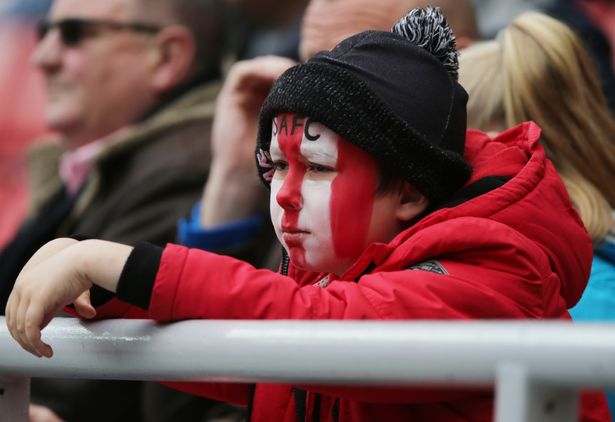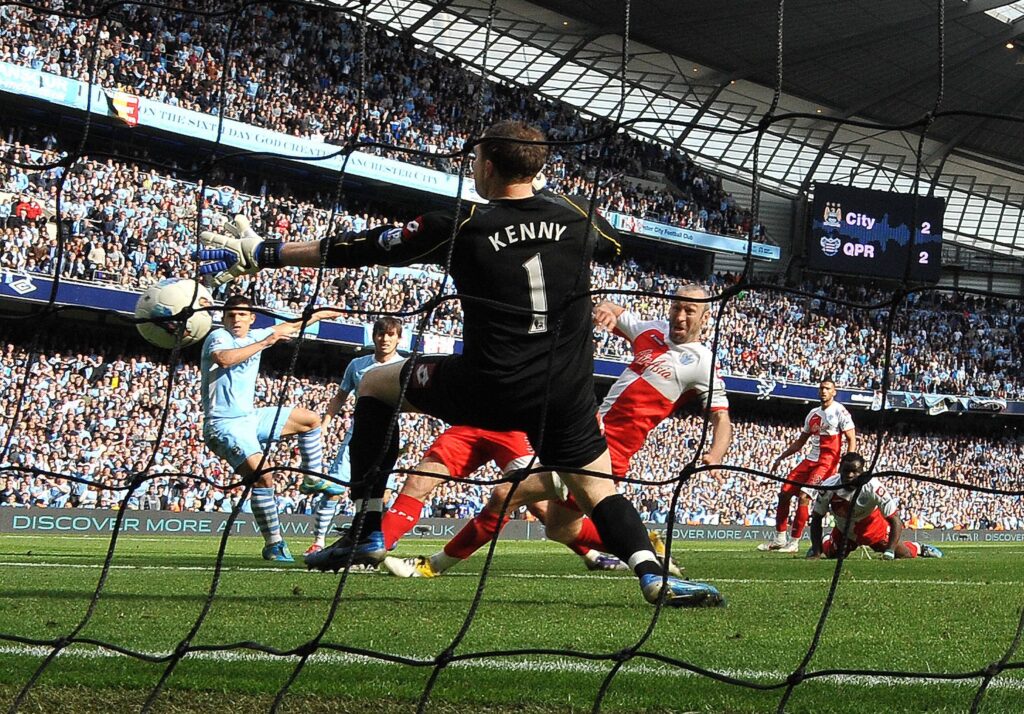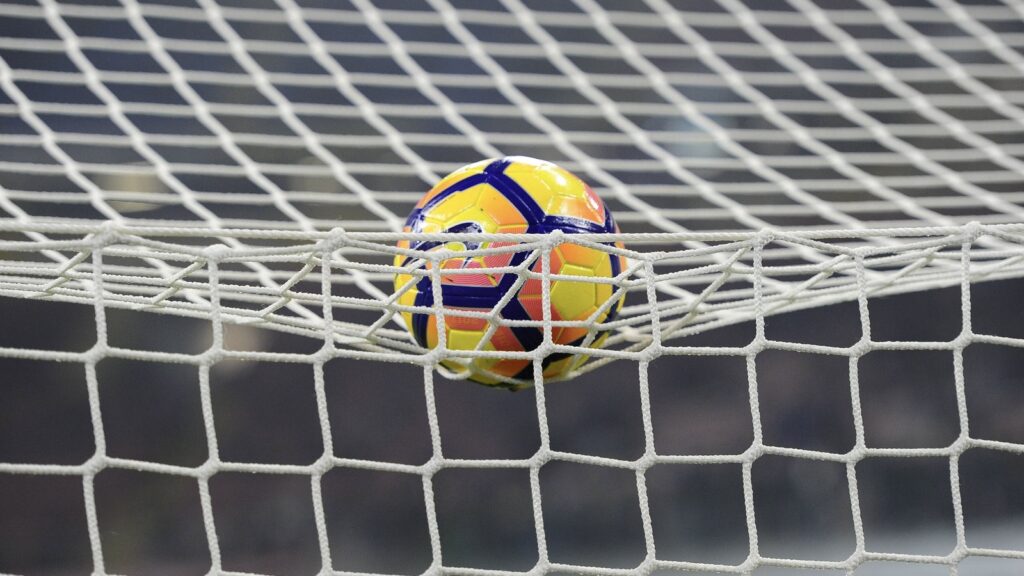In United States’ sports, franchises are assured a spot in the upper leagues regardless of how badly they play. The NFL, NBA, MLB, or MLS never have anything to worry about. But in world soccer, it is different. The promotion and relegation system is one of the most exciting and cruel aspects of the sport. It rewards those who are hungry for success, punishes those who are not, and guarantees that each season will have drama at the top and bottom of the table.
For American fans, it is important to comprehend promotion and relegation in order to fully see the importance of the struggle to stay out of “the drop” being as fierce as pursuing a championship.
The Basics: How the System Works
The majority of soccer leagues across the globe follow a pyramid structure. On top of the pyramid stands the top division, below which comes the lower divisions. Season by season, a few of the best clubs in a lower league are “promoted” to a higher league above, whereas the lowest-ranked clubs in a higher league get “relegated” to a level below.
For instance, in the English Premier League, the three worst teams relegated to the Championship (the second level). The two top Championship teams and a playoff winner, on the other hand, promoted to the Premier League. Such constant interchange maintains the pyramid fluid, with the clubs moving up or down depending on performance and not market size or wealth of the owners.

The Relegation Zone
At the center of the system is the league table, in which teams are listed in order by points. Three points for a win, one for a draw, and zero for a loss. If teams are tied, goal difference is used to break the tie.
The bottom places on the table create what is usually referred to as the relegation zone. Teams just above it tend to struggle hard towards the end of the season not to fall down. For clubs within the zone, survival is the sole aim. This struggle is affectionately referred to as “the relegation scrap,” and it offers some of the sport’s most brutal drama.
The High Stakes of the Drop
Relegation is more than a sporting disappointment – it carries enormous economic and personal costs. In the Premier League, for instance, falling down to the Championship can cost a team over $100 million in foregone TV revenue. To cushion the blow, clubs are paid “parachute payments,” but the impact remains enormous.
In the sporting aspect, relegation tends to result in squads being broken up. The best players can depart for top-flight clubs, and managers are regularly changed. Relegation is traumatic for the fans; however, it allows the setting up of a potential return story. Leicester City, which went through the works of relegation, reconstruction, and return, then went on to win the Premier League in 2016, thus presenting the system as a way to generate long-term drama.

Promotion: The Dream of Rising
Conversely, promotion brings joy, finance, and status. Promotion to the highest level of sports, for small clubs, can be a once-in-a-lifetime opportunity. In their excitement, the clubs renovate their stadiums, attract better sponsorship deals, and grab the attention of players in the country or world who are willing to face competition at the very highest level.
One of the best known examples is AFC Bournemouth, once near bankruptcy and languishing in the fourth division of English football. By 2015, the team was promoted to the Premier League, thus proving that even low-marketed clubs do have their days.

The promotion playoffs provide added spice. In England’s Championship, 3rd to 6th placed sides fight in a knockout system for the last promotion place, commonly referred to as “the richest game in football” due to the money bonanza that the winner stands to gain.
Historical Drama: Survival Stories
Relegation struggles tend to produce some of the sport’s most magical moments. In 2012, Manchester City‘s Premier League title win on the last day, but at the other end, Bolton Wanderers went down by only a point. In 2011, Wolverhampton, Birmingham City, and Blackpool all fell after a mad final day when the bottom five clubs changed places several times.
Unlike American leagues where bottom-placed teams regroup for next season, relegation means immediate punishment. Fans can go from celebrating survival one year to fearing the drop the next.

Why It Matters
For neutrals, promotion and relegation provide layers of drama. Every match counts—not only for the title hopefuls but for those fighting for survival. It provides storylines on both sides of the table: champions at the top, European football in the middle, and life or death fighting for survival at the bottom.
The system also makes leagues honest. Clubs cannot “tank” seasons for higher draft picks, as happens in American sports. Each team must struggle to the last whistle, or suffer.
The Beauty of Risk and Reward
The promotion/relegation system captures the spirit of sport – risk, reward and victory. For American fans, it might seem cruel that defeat results in being booted out of the league, but it’s this very cruelty that produces some of football’s most memorable moments.
The battle against dropping down a division is every bit as compelling as the battle for honors. Whether it’s a minnow club pursuing the ultimate goal of playing in the top tier or a behemoth fighting to escape embarrassment, the tension is always palpable. And that’s why promotion and relegation is one of soccer’s most engrossing aspects.
